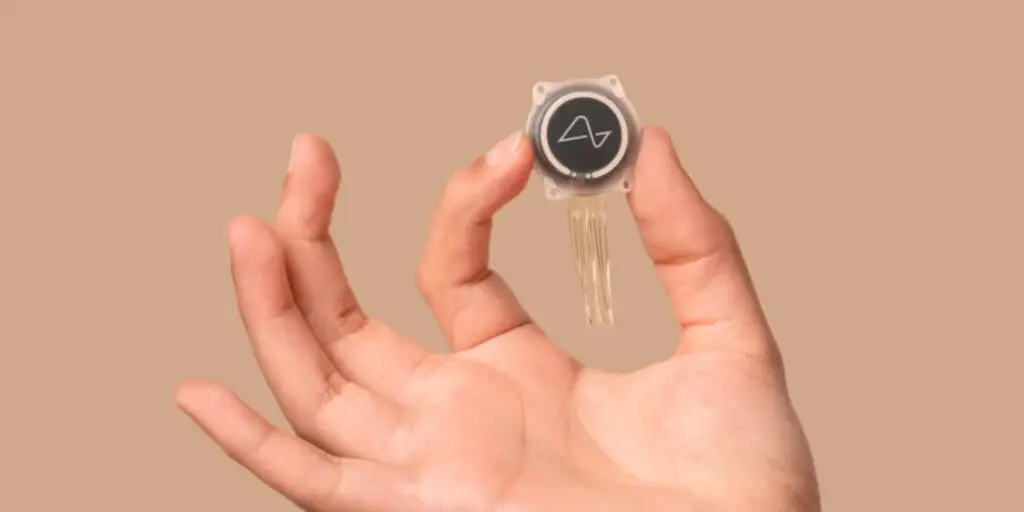
Neuralink, headquartered in California and specializing in neurotechnology, disclosed that it has received clearance to initiate recruitment for its inaugural human clinical trial.
Presently, the company is actively searching for individuals dealing with paralysis resulting from cervical spinal cord injuries or amyotrophic lateral sclerosis (ALS) to participate in a six-year investigation of its experimental device.
Last year, Neuralink’s request for accelerated human trials was declined by the Food and Drug Administration (FDA).
Nevertheless, in May, the FDA granted Neuralink an investigational device exemption (IDE), authorizing the utilization of its device for clinical research. The specific details regarding the FDA’s resolution of its initial concerns remain unclear.
The PRIME Study by Neuralink
As part of the study, the company will employ the R1 Robot to perform precise surgical placement of the N1 Implant’s ultra-fine and flexible threads within the brain region responsible for controlling movement intention.
Once situated, the N1 Implant, virtually imperceptible in appearance, is designed to wirelessly record and transmit brain signals to a dedicated app capable of decoding movement intentions.
The primary objective of this brain-computer interface (BCI) is to enable individuals to control a computer cursor or keyboard using their thoughts exclusively.
The PRIME Study, an acronym for “Precise Robotically Implanted Brain-Computer Interface,” is being conducted under the FDA’s investigational device exemption (IDE) granted in May 2023.
Launched by Elon Musk in July 2019, Neuralink is a startup specializing in brain-computer interfaces (BCI), which involve the implantation of numerous thin wires within the brain to intercept signals emitted by groups of neurons.



